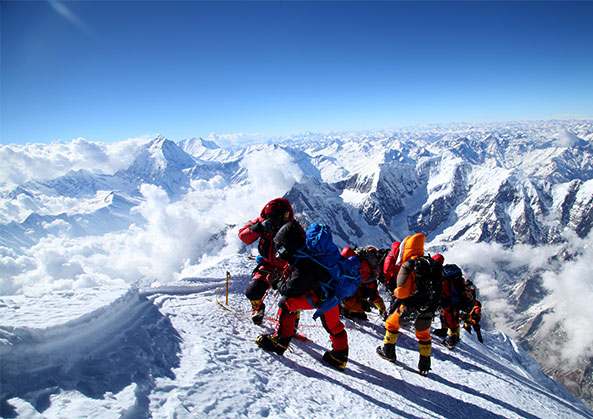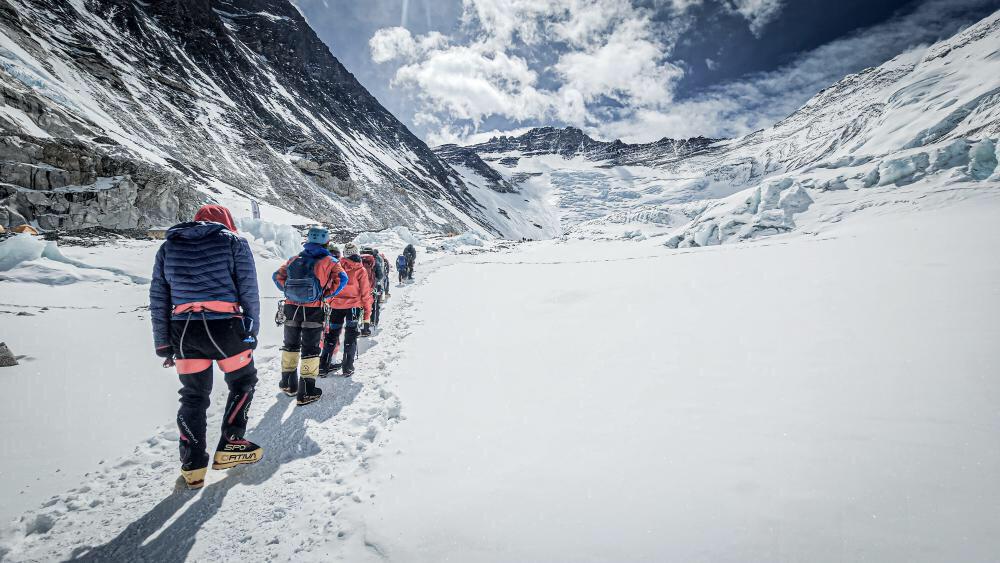In a significant regulatory shift, climbers aiming to summit Mount Everest must now have prior experience climbing a peak over 7,000 meters within Nepal, according to the newly proposed Tourism Bill 2081.
Prior High-Altitude Experience Now Mandatory
The Ministry of Culture, Tourism and Civil Aviation has introduced a new clause in the bill registered in the National Assembly, which states that only those who have successfully climbed a mountain above 7,000 meters in Nepal will be eligible to receive a permit to climb Mount Everest.
This bill aims to replace the long-standing Tourism Act of 2035, reflecting a more safety- and experience-oriented approach to regulating mountaineering in the country.
Mandatory Health Certificate for Climbers and Team Members
To ensure climbers’ safety, the bill also introduces a mandatory health check requirement. All climbers—including team leaders, liaison officers, mountain guides, and assistants—must submit a recent health examination certificate issued by a health institution recognized by the Government of Nepal. If a climber is found to be medically unfit, they will not be allowed to participate in the expedition.
Adventure Tourism in the Himalayas to Require Official Clearance
In addition to climbing regulations, the bill also mandates prior permission for conducting adventure tourism activities in the Himalayan region. Activities such as paragliding, skydiving, heli-skiing, ultralight flights, and similar experiences must now be approved by the Ministry of Tourism or an authorized body.
No Refund for Unused Permits — Exceptions for Uncontrollable Circumstances
The bill also specifies that climbing permits will be non-refundable if not used within the same year. However, in cases of unforeseen and uncontrollable circumstances, the government reserves the right to allow a rescheduling of the expedition.
Use of Designated Climbing Routes Mandatory
Finally, all mountaineering teams will be required to use only the officially designated climbing routes to ensure better safety and coordination during expeditions.


